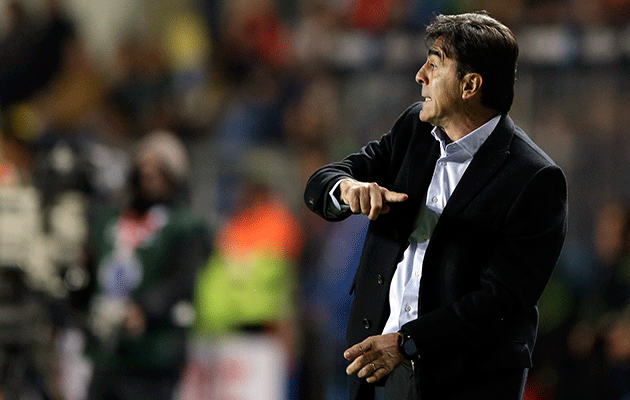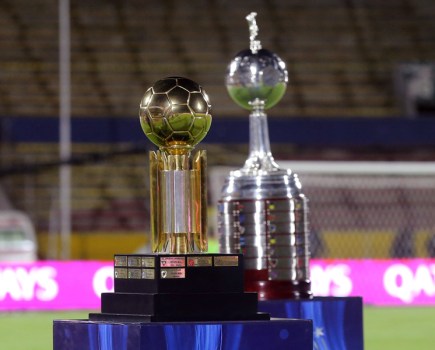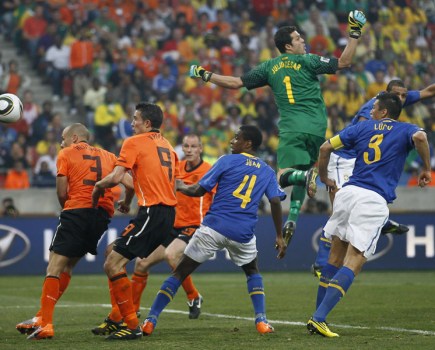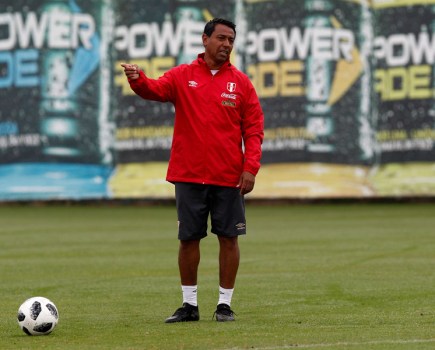It seems that the Centenary Copa America is set to go ahead next June – the host cities have just been announced in the USA. South American football, then, is ready to celebrate 1916, and the birth of the world’s oldest continental tournament.
In future years it is worth wondering whether 1996, too, might be seen as a cause for celebration. That was the year that the continent introduced its current marathon format of World Cup qualification, the ten countries playing each other home and away. Before this, with the nations divided into groups, there were few competitive games, and sometimes gaps of years between them. For nearly two decades, though, South American teams have enjoyed the kind of calendar that is taken for granted in Europe – regular competitive matches with guaranteed income. The result has been a rapid rise in the standard of the less traditional nations.
Ecuador are the outstanding example. Prior to 1996 they had only ever won 5 World Cup qualifiers, and had never played on the biggest stage. They have now been to 3 World Cups, reaching the second round in 2006, and stand proudly at the top of the table in the race to Russia 2018, with four wins from four games. The 100% record puts the lie to the argument that they can only play at the altitude of Quito, their mountain stronghold. Before comprehensively beating Venezuela at sea level they also inflicted a historic, and thoroughly deserved victory, away to Argentina.
But Ecuador’s fine early start may come as a surprise to those who recall that, as recently as June, they were eliminated in the group phase of the Copa America, chiefly as a consequence of a disastrous first half against Bolivia. At the time, World Soccer magazine commented that “new coach Gustavo Quinteros was not devastated by first round elimination. His team showed its considerable firepower, but were undermined by what the coach referred to as “gross errors” at the back. Tightening up the defence will be a priority for a side which have a settled style of play.”
Quinteros inherited a squad rich in attacking resources. Ecuador’s strength is in the pace and skill with which they attack down the flanks, where Antonio Valencia down the right and Jefferson Montero on the left are a full backs’ nightmare. The pair tore Argentina to shreds. But after showing imperious form in the first two rounds, Valencia picked up an injury.
Fidel Martinez came in and produced fine displays in the recent two games. In the current campaign Ecuador have not even been able to field the man who is far and away their best centre forward – West Ham’s Enner Valencia has been struck by injuries. But in his absence Felipe Caicedo has been full of goals – laid on for him by the team’s magnificent wing play. And to add to the firepower, Juan Cazares is developing nicely as an attacking playmaker, picking his passes well in the final third when he comes on as a second half substitute.
All of these players are benefiting from the tweak that Quinteros has made to a well consolidated model of play. He has brought the defensive line higher, leaving little space between the centre backs and the pair of midfielders in front of them. This means that the team are winning the ball and feeding their wingers higher up the pitch. And it has also been done in the hope that Ecuador’s defenders – by no means as talented as the attacking players – do not get exposed in open space.
Indeed, Ecuador’s biggest headache is the lack of quality young defenders. There will surely be times during the course of the campaign when Ecuador are caught out at the back. In an 18 game series it is all but inevitable that a run of poor results will occur at some point. But Quinteros and company can take huge comfort from the points they already have on the board. In previous campaigns 8 wins have always been enough to carry a team over the line to qualification. Ecuador have four – and 14 games left to accumulate the others.
Quinteros, though, will surely also be praying for the good health of the side’s unsung hero, central midfielder Christian Noboa. As well as sitting in front of the defence, Noboa links the side together with the quality and wisdom of his passing. He is the supply line for those dangerous wingers. Ecuador have shown that they can replace the big hitters up front. It is not clear how they could replace Noboa who, Russian-based, has earned the right to dream of rounding off his international career in 2018 with a World Cup in his adopted nation.








